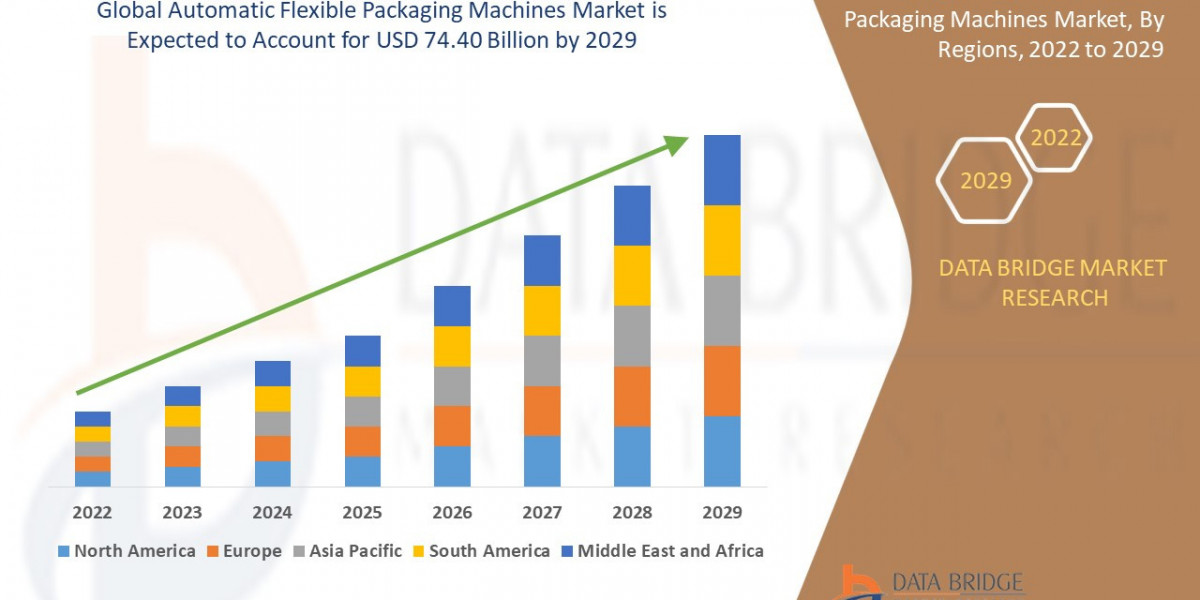Information technologies are penetrating deeper into various spheres and industries. Even such a conservative sector as industry is actively transforming thanks to the introduction of modern IT solutions and process automation. Full automation of production will mark the fourth industrial revolution, also called the term "Industry 4.0." The foundation of Industry 4.0 is the development of "smart" factories and facilities that guarantee the efficient execution of all manufacturing procedures. With the growing demand for automation and data-driven decision-making, IT services for manufacturing companies are essential to this shift because they provide cutting-edge digital solutions that maximize productivity and streamline production.
Key technologies of Industry 4.0
Industry 4.0 will be shaped by multiple technologies that experts have highlighted:
Industrial Internet of Things (IIoT)
The Industrial Internet of Things involves equipping production sites and facilities with multiple sensors that are designed to read and transmit large amounts of information between various equipment and systems. Many IT
| https://arclightgroup.com/manufacturing-it-support |
for manufacturing companies leverage IIoT technology to provide real-time data analysis, predictive maintenance and enhanced operational control.
The data received from these IIoT sensors is processed by analytical platforms. They analyze the incoming information and use it for prompt decision-making.
Opportunities provided by the implementation of IIoT: • Proactive monitoring, and prediction of problems and failures;
Determining the causes of failures;
Reducing the number of unplanned downtimes and their duration;
Preventing equipment failures;
Reduction of costs for maintenance of facilities.
Cloud technologies
Industrial Internet of Things solutions are typically used in conjunction with cloud technology. IIoT sensors generate massive amounts of data, which must be stored and processed somewhere. You can either use your own IT infrastructure or the cloud, which is a more flexible alternative. IT services for industrial organizations leverage innovative cloud computing infrastructure to deliver cloud-based solutions that improve data storage, security, and scalability while lowering operational costs.
The cloud user pays only for the amount of resources he needs. At the same time, idle computing power can be simply turned off. Another advantage is that all the care for maintaining the cloud's operability lies with the service provider. A company that rents cloud computing resources will not have to hire a separate staff of specialists to maintain them.
Digital twins
A digital twin is a digital copy of a real object or process. Digital twin technology allows collecting data on the state of a real system throughout its entire life cycle and modeling a wide variety of situations. Many IT services for manufacturing companies incorporate digital twin technology to simulate production environments, reduce risks, and optimize performance.
What opportunities does digital twin technology provide?
Prompt notification of failures and malfunctions;
Forecasting equipment wear and tear or the occurrence of an accident at work;
Production optimization.
Machine Learning (ML)
Machine Learning is a data analysis technology based on neural networks that allows you to increase the efficiency of various algorithms. ML-based solutions are extremely useful in production: they can predict failures, quickly solve optimization problems, and make logical and analytical decisions - and they do all this faster and more efficiently than people. Integrating machine learning-based IT services into manufacturing operations enables businesses to automate complex processes, improve product quality, and predict potential issues before they occur. With AI-driven innovations revolutionizing the industry, IT services for manufacturing companies integrate machine learning solutions to enhance predictive analytics, automate processes, and improve product quality.
What is machine learning used for in the industry?
Reducing downtime
Production management
Identification of defects and the reasons for their occurrence, reduction of the percentage of defective parts;
Optimization of specific stages of production - for example, delivery of raw materials;
Optimization of resource consumption;
Equipment condition monitoring;
Improving production safety.
The technologies we have discussed above have enormous potential to improve production efficiency. However, industrial businesses typically use ready-made items rather than abstract technologies to address particular issues. Because of this, companies are increasingly using integrated digital solutions that improve efficiency, simplify processes, and promote long-term success. Many organizations depend on IT services for manufacturing companies to implement these solutions effectively, ensuring long-term competitiveness in the market.










